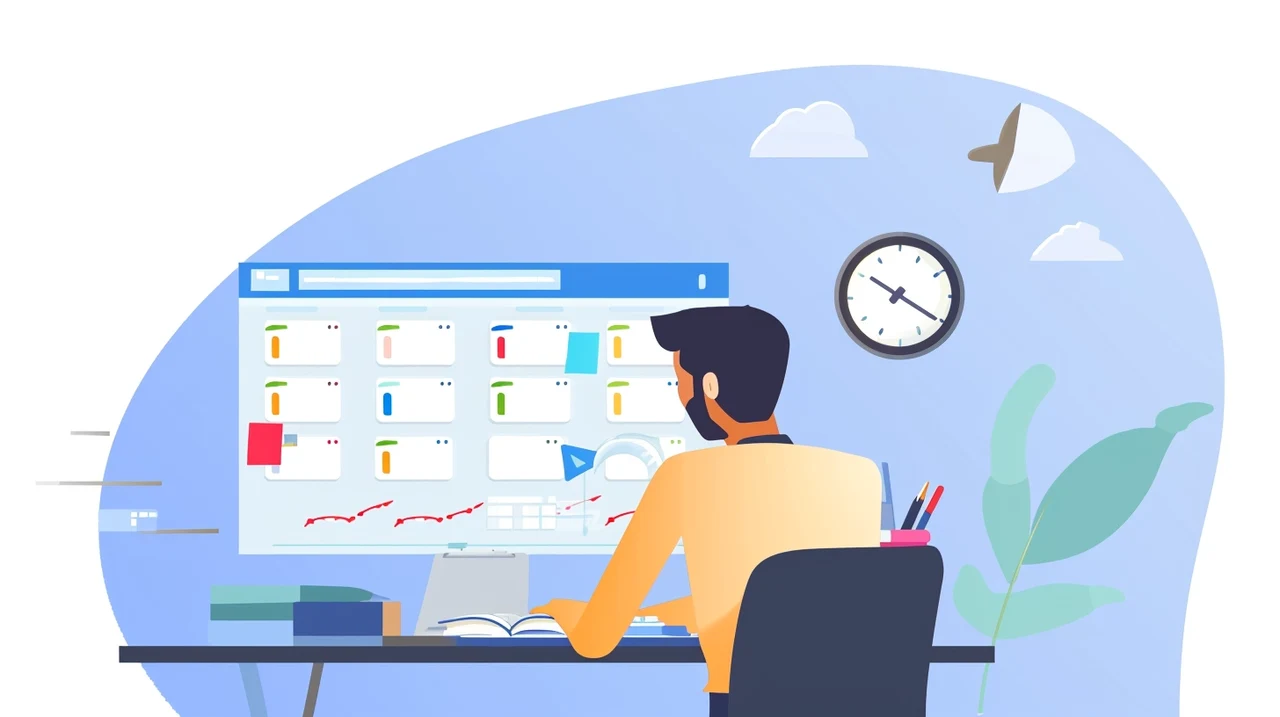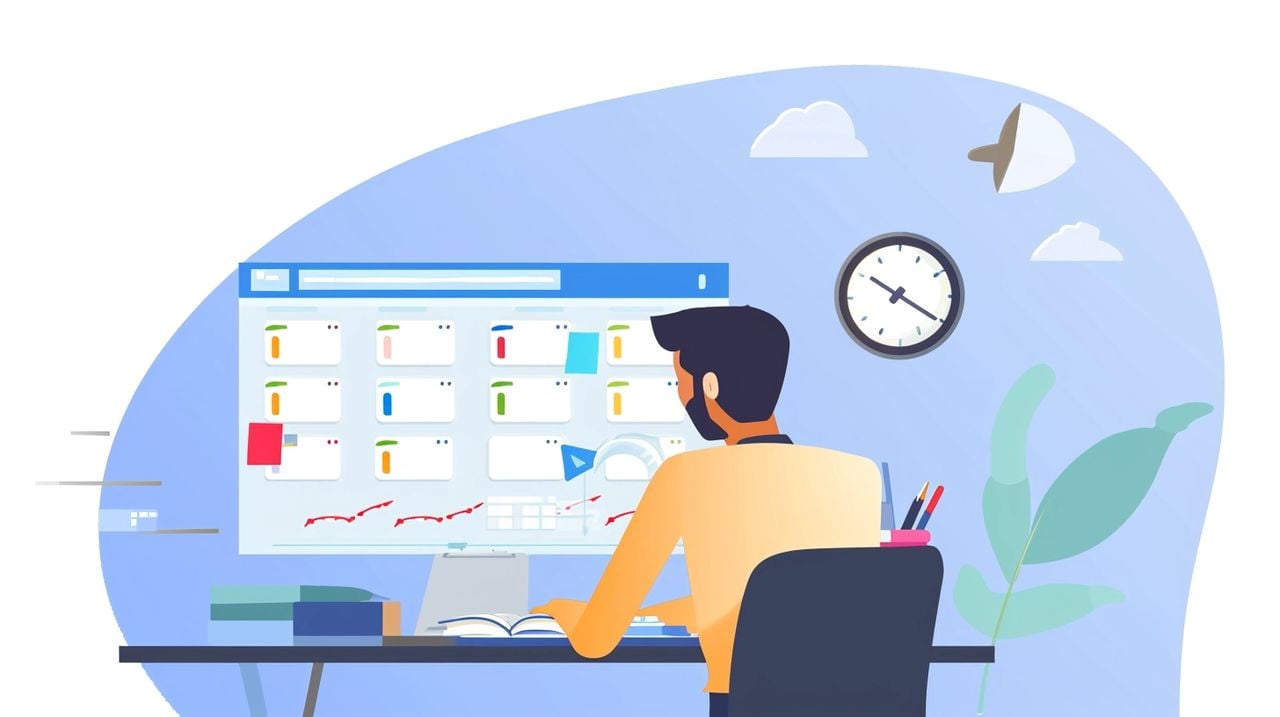
In today’s fast-paced business world, staying ahead of the curve is crucial. One way companies could gain an advantage is by harnessing the power of Generative Pre-trained Transformers, or GPTs. Especially now that OpenAI have announced the imminent launch of its new official GPT Store which is expected to launch later this month.
Custom GPTs can be used in a variety of different ways to promote your business from providing customer service bots that know everything about your products to answer customer questions. To providing extensions to your current services or offerings. Enabling users to access a version that has been enhanced using artificial intelligence. as well as improving internal systems such as marketing, product development, training and more.
These advanced AI systems can be customized to meet the specific needs of a business, offering a new level of interaction with customers that can lead to increased sales and improved service. This guide will explore how to create a GPT that’s not just effective but also perfectly aligned with your business goals, enhancing your presence in the market.
Imagine a local store using a custom GPT to not only answer customer questions but also to offer personalized promotions and information about local events. This kind of AI could be integrated with platforms like Shopify to automate customer service, providing quick and accurate responses. This frees up staff to focus on other tasks, making the business more efficient.
Building custom Business GPTs to promote your business
When you’re ready to develop your own GPT, it’s important to pick a name that reflects your brand and is easy for customers to remember. A name that sticks in the mind, along with a clear description of what your GPT does, will help draw in users and keep them engaged. To ensure your GPT is easy to find, you’ll need to focus on search optimization. Employing SEO strategies and analyzing data can improve your GPT’s visibility in search results, which can lead to a wider audience discovering your AI.
Here are some other articles you may find of interest on the subject of OpenAI custom GPTs :
For companies looking to reach a broader market, a GPT can act as a virtual salesperson for your products. By incorporating your product catalog into the GPT’s database, it can provide tailored recommendations and detailed information about your products, taking into account the customer’s preferences and past purchases.
It’s important to keep refining your GPT’s responses to ensure they stay relevant and reflect your brand’s voice. Making regular updates to the AI’s dialogue can lead to more meaningful interactions with customers and a better overall experience. Investing in a custom GPT can bring a range of benefits, from drawing in new customers to making your operations more efficient and gaining valuable insights into consumer behavior. The process of developing a GPT is an investment in the future of your business, setting you apart from the competition and encouraging growth.
Areas to consider when creating OpenAI GPTs
- Personalized Customer Service:
- Implement AI chatbots using custom GPTs to provide instant, personalized customer support.
- Use these chatbots on websites, social media platforms, and in-app to handle queries, complaints, and feedback.
- Integrate with Business Operations:
- Consider how the GPT can be integrated with existing platforms like e-commerce websites or customer relationship management systems.
- Use the GPT to automate routine tasks, freeing up human resources for more complex activities.
- Real-world Application and Connectivity:
- Ensure the GPT can interact with real-world scenarios, like handling e-commerce orders or managing databases.
- Explore options to integrate the GPT with external data sources or APIs for broader functionality.
- Content Creation and Marketing:
- Utilize GPTs to generate high-quality, SEO-optimized content for blogs, articles, and social media posts.
- Create engaging and informative product descriptions and marketing copy.
- Focus on User Experience:
- Design the GPT to enhance customer interactions, offering personalized and efficient responses.
- Ensure the GPT aligns with your brand voice and customer service standards.
- Market Research and Analysis:
- Deploy GPTs to analyze market trends, customer preferences, and competitor strategies.
- Use this data to inform business strategies and marketing campaigns.
- Automated Email Marketing:
- Use custom GPTs to create personalized email campaigns.
- Segment audiences and tailor messages for different customer groups.
- Product Development and Innovation:
- Leverage GPTs to generate new product ideas or enhancements based on customer feedback and market trends.
- Use AI to simulate and test product concepts before actual development.
- Training and Education:
- Develop AI-driven training programs for employees, enhancing skills and knowledge in various domains.
- Use GPTs to create interactive and adaptive learning materials.
- Language Translation and Localization:
- Utilize GPTs for real-time translation services to cater to a global audience.
- Localize content and marketing materials for different regions and cultures.
- Data Analysis and Reporting:
- Implement GPTs to analyze large datasets, providing insights and reports for decision-making.
- Use AI for predictive analytics in sales, customer behavior, and business performance.
- Social Media Management:
- Automate responses and interactions on social media platforms.
- Analyze social media trends and customer sentiments to inform marketing strategies.
- Customized Shopping Experiences:
- Create AI-driven recommendation engines for personalized shopping experiences.
- Use GPTs to offer product recommendations based on customer browsing and purchase history.
- Prioritize Privacy and Safety:
- Be mindful of data privacy and security, especially when the GPT interacts with personal customer information.
- Ensure compliance with relevant data protection regulations.
- Continuously Improve and Update:
- Regularly refine the GPT’s responses and capabilities based on customer feedback and evolving business needs.
- Stay informed about advancements in AI and GPT technology to keep your system up-to-date.
Custom GPTs represent an important development for businesses of all sizes. Whether you run a small local shop or a large online store, a GPT can be developed to meet your unique challenges and objectives. By concentrating on strategic naming, search optimization, and continuous improvement, you can leverage AI technology to drive your business forward.
Filed Under: Guides, Top News
Latest timeswonderful Deals
Disclosure: Some of our articles include affiliate links. If you buy something through one of these links, timeswonderful may earn an affiliate commission. Learn about our Disclosure Policy.

